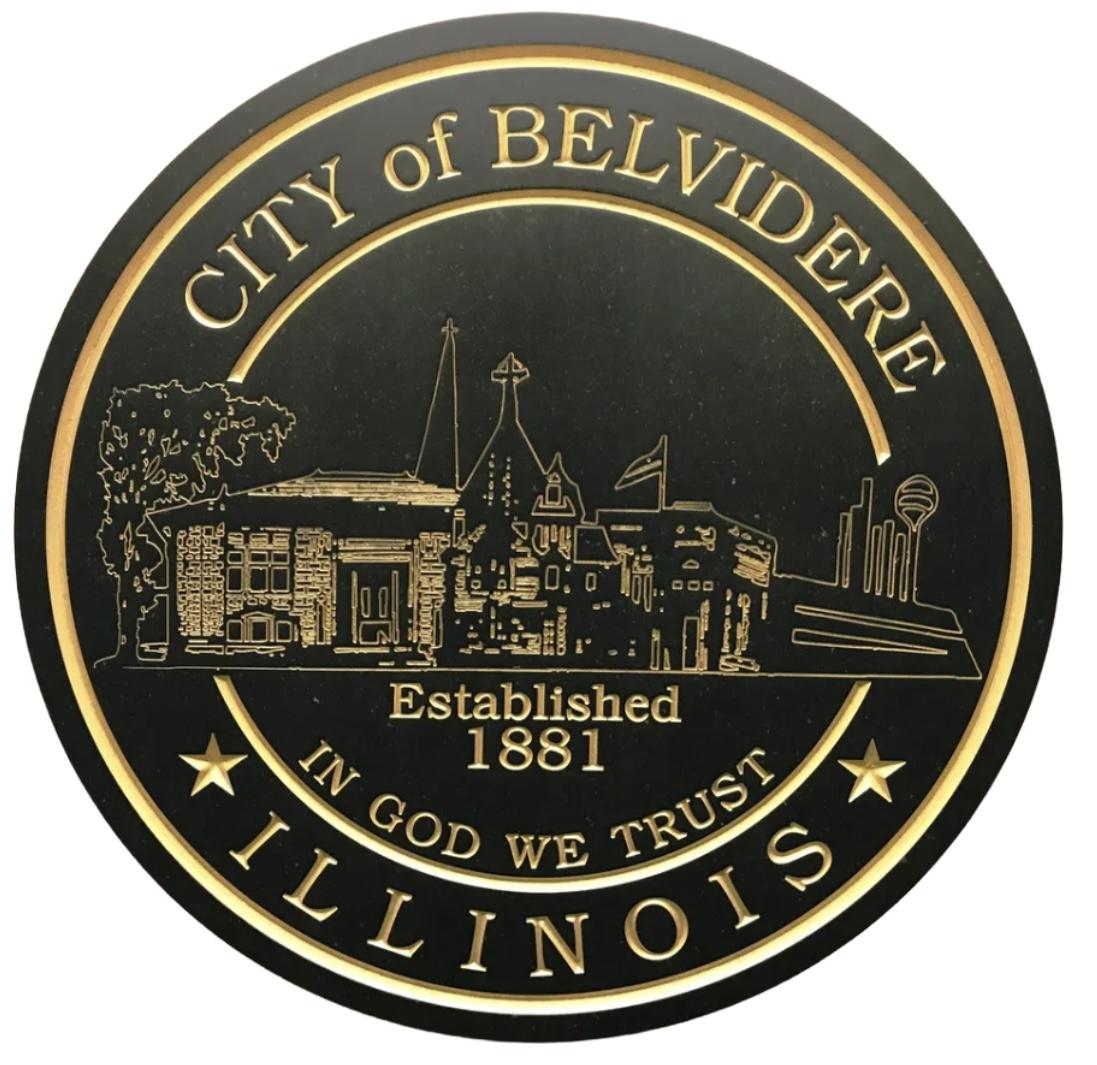The Precision Farming Industry is rapidly transforming global agriculture by integrating advanced technologies to improve yield, efficiency, and sustainability. As farmers face rising demands for productivity, precision farming offers data-driven solutions that streamline field operations and optimize resource usage. With the world shifting toward smart agriculture practices, this industry is positioned as one of the most influential drivers of modern agricultural evolution.
Reinventing Agricultural Efficiency Through Technology
The rise of digital agriculture, smart agriculture, and sensor-based farming has redefined how farms operate. Precision tools—ranging from automated guidance systems to high-accuracy sensors—allow farmers to monitor soil conditions, climate patterns, and crop health in real time. This enhanced visibility supports automated crop management, where AI, drones, and IoT technologies collaborate to improve decision-making at every stage of cultivation.
Moreover, the adoption of IoT farming system frameworks has significantly strengthened field connectivity. These systems utilize nodes and wireless networks to gather and analyze data, enabling farmers to take timely actions that reduce waste, minimize manual labor, and increase overall productivity.
Global Market Influence and Cross-Industry Integration
Technological advancements in sectors like semiconductors and consumer electronics also contribute to improving precision farming tools. For instance, industries such as the US Semiconductor Wafer Fab Equipment Market play a pivotal role by powering the chips used in sensors, drones, and automated machinery. This cross-sector collaboration strengthens the precision farming ecosystem by enabling devices to become faster, smaller, and more energy-efficient.
Similarly, consumer smart-device innovation influences agricultural wearables, remote monitoring systems, and control interfaces. The ongoing digital transformation reflected in the Europe Smart Watch Market showcases how connected technologies improve user interaction and data accessibility—capabilities now deeply embedded in modern farm management platforms.
Future Outlook: A Digitally Empowered Farming Landscape
As sustainability becomes a priority across industries, the Precision Farming Industry is expected to witness robust growth. From AI-powered crop insights to robotics and autonomous tractors, the future points toward farms that are highly automated, data-intensive, and environmentally conscious.
In the coming decade, the integration of satellite imaging, advanced analytics, and cloud-based solutions will further accelerate digital agriculture adoption. This shift ensures minimal input usage, maximized output, and long-term ecological balance. With enhanced investment, innovation, and global acceptance, precision farming is set to redefine food production worldwide.
FAQs
1. What is the main goal of the Precision Farming Industry?
The primary goal is to optimize agricultural productivity through technology-driven insights, ensuring efficient use of resources like water, fertilizers, and labor.
2. How does IoT support precision farming?
IoT devices collect real-time data on soil, weather, and crop health, enabling farmers to make faster and more accurate decisions.
3. Why is precision farming important for the future?
It promotes sustainable agriculture, reduces operational costs, increases crop yield, and helps address global food demand challenges.
➤➤Explore Market Research Future- Related Ongoing Coverage In Semiconductor Domain:
